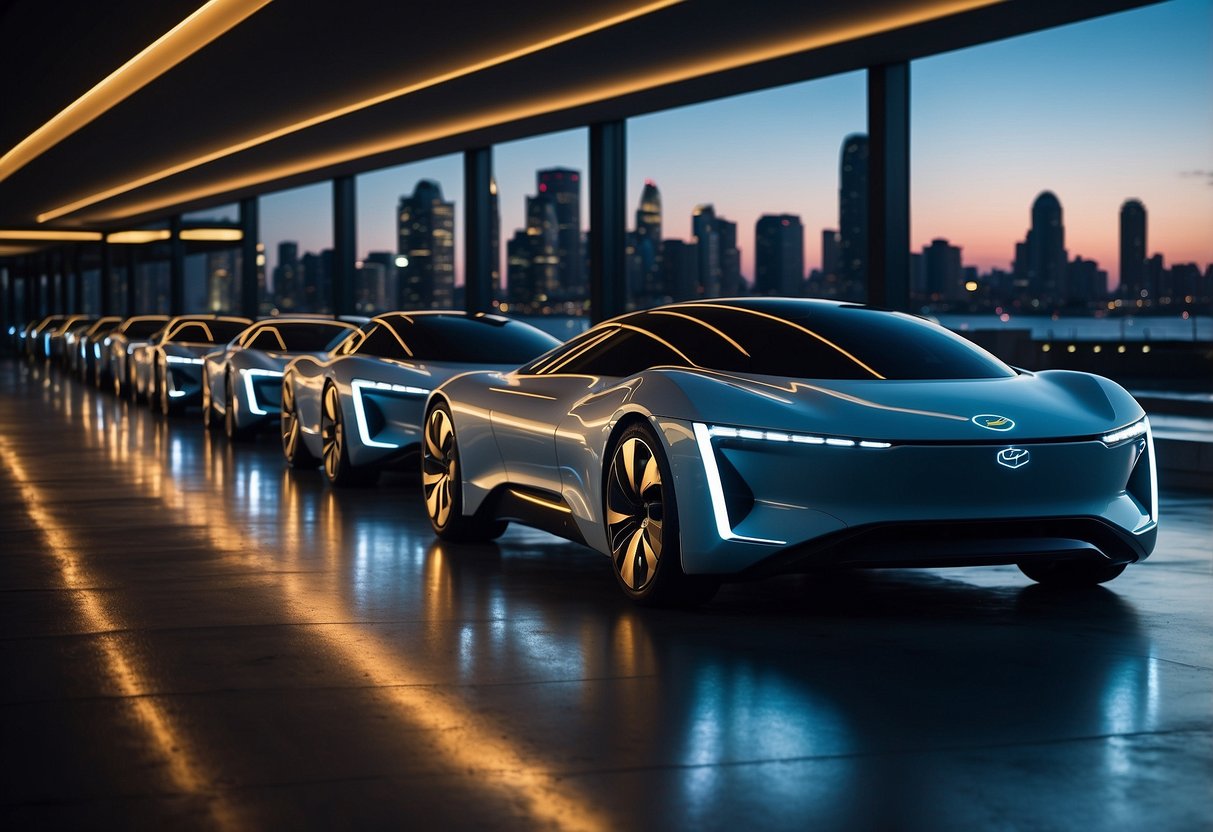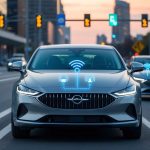
Upcoming Electric Vehicle Models
This guide highlights new electric vehicles tailored for diverse market segments, including luxury, affordability, and commercial use. It pinpoints key models expected to lead in each category.
Luxury Segment
The luxury segment of electric vehicles is marked by high performance, exclusive features, and premium design. Notable upcoming models include the Tesla Model S Plaid, which promises a top speed of 200 mph and 0-60 mph acceleration in under two seconds.
Mercedes-Benz plans to release the EQS, equipped with a range of up to 400 miles and an interior featuring a state-of-the-art MBUX Hyperscreen. Lucid Motors’ Lucid Air is also highly anticipated, offering over 500 miles of range and a distinct, sleek design.
These models emphasize superior engineering, cutting-edge technology, and elegant craftsmanship, making them definitive choices for those seeking both luxury and sustainability.
Affordable Models
Affordable electric vehicles are gaining popularity as they offer sustainable alternatives without breaking the bank. The Chevrolet Bolt EV and EUV are slated for release with enhanced battery life and more advanced safety features.
Nissan plans to introduce an updated Leaf with improved range and a refreshed design. Hyundai’s Ioniq 5 is also generating buzz due to its competitive pricing and innovative features, such as ultra-fast charging and a versatile interior.
These models demonstrate that consumers don’t need to sacrifice quality or performance for affordability, ensuring that electric vehicles are accessible to a wider audience.
Commercial and Fleet Editions
Electric commercial and fleet vehicles are crucial for reducing operational costs and environmental impact. Ford’s E-Transit is a key player in this category, designed for efficient cargo transport with zero emissions.
Rivian’s R1T and R1S models are being developed for both personal and commercial use, offering robust performance and durability. Arrival’s electric vans, which focus on modular design for various applications, including logistics and public transport, are also on the horizon.
These models are transforming the commercial vehicle landscape with their focus on sustainability, efficiency, and long-term cost savings for businesses and fleets.
Performance Metrics
Electric vehicles are evolving rapidly, driven by advancements in range, efficiency, charging speed, and convenience. Understanding these metrics is crucial for potential buyers and enthusiasts.
Range and Efficiency
Range and efficiency are key factors in assessing the practicality of an electric vehicle. The range represents the distance a vehicle can travel on a single charge. Newer models are constantly pushing these limits, with some achieving over 400 miles per charge.
Efficiency is measured in miles per kilowatt-hour (kWh). Higher efficiency means less energy consumption for the same distance, translating to cost savings. Manufacturers are employing innovative technologies, such as aerodynamic designs and lightweight materials, to enhance both range and efficiency.
Battery technology greatly impacts these metrics. Advanced batteries with higher energy densities allow for extended ranges without significantly increasing vehicle weight. Regenerative braking systems also play a crucial role by converting kinetic energy back into stored battery energy, further enhancing efficiency.
Charging Speed and Convenience
Charging speed and convenience are vital metrics influencing the practicality of electric vehicles for daily use. Fast charging capabilities allow drivers to recharge their vehicles quickly, often reaching 80% capacity in about 30 minutes.
The availability of charging stations also affects convenience. An increasing number of public and private charging points are being installed globally. This expanding infrastructure aims to reduce range anxiety and make electric vehicles more feasible for long-distance travel.
Different charging options include Level 1 (120V), Level 2 (240V), and DC fast charging. Each offers varying speeds and is suited for different scenarios. Home charging solutions make electric vehicle ownership more convenient, enabling overnight charging and thereby ensuring the vehicle is ready for daily commutes.



